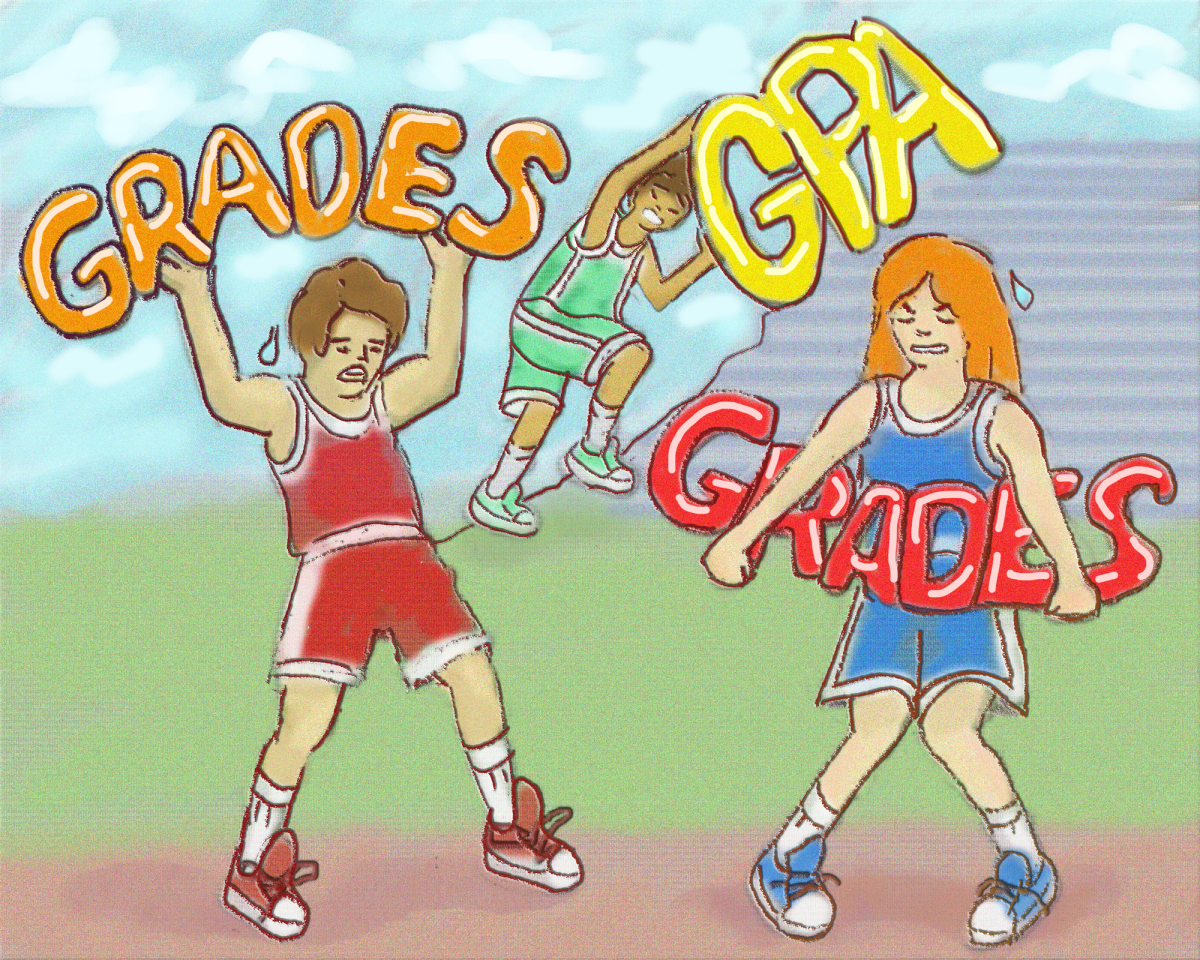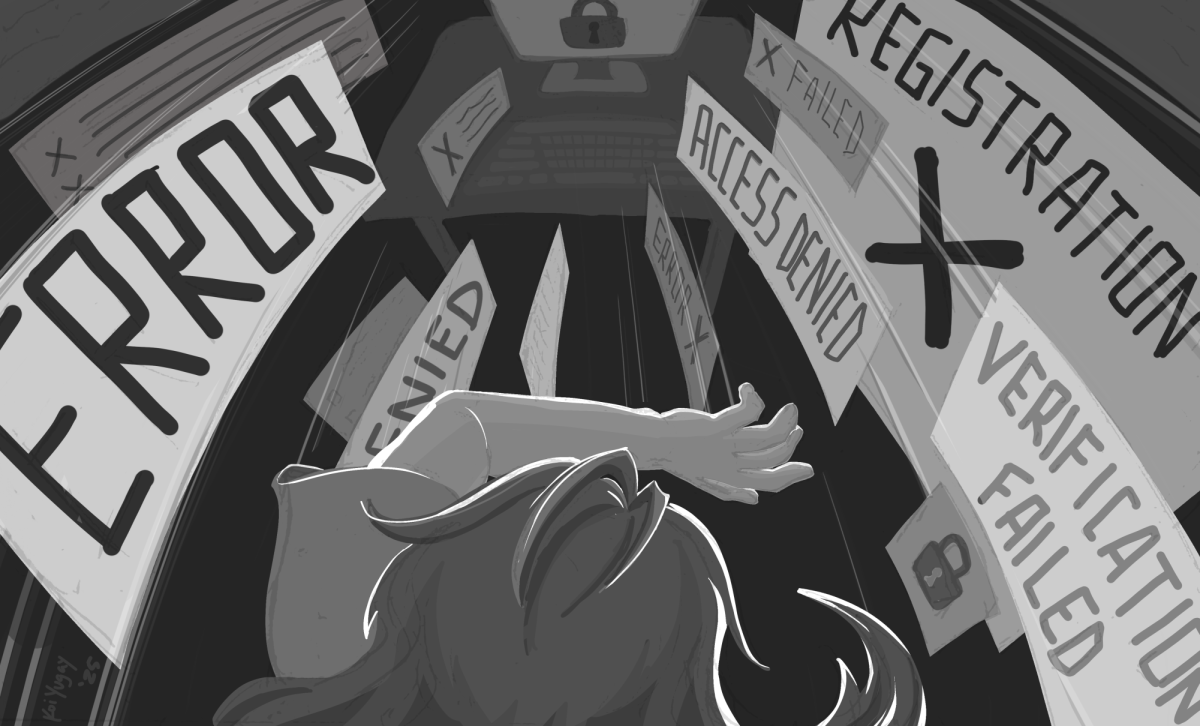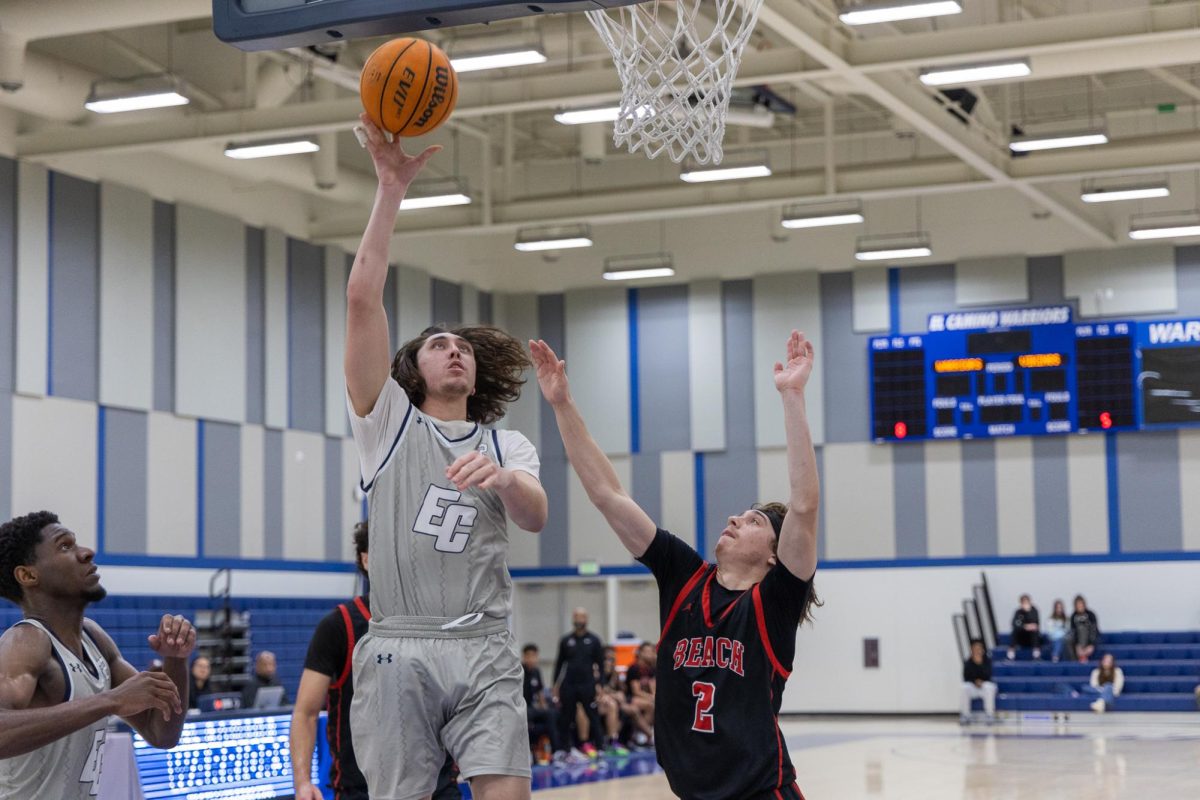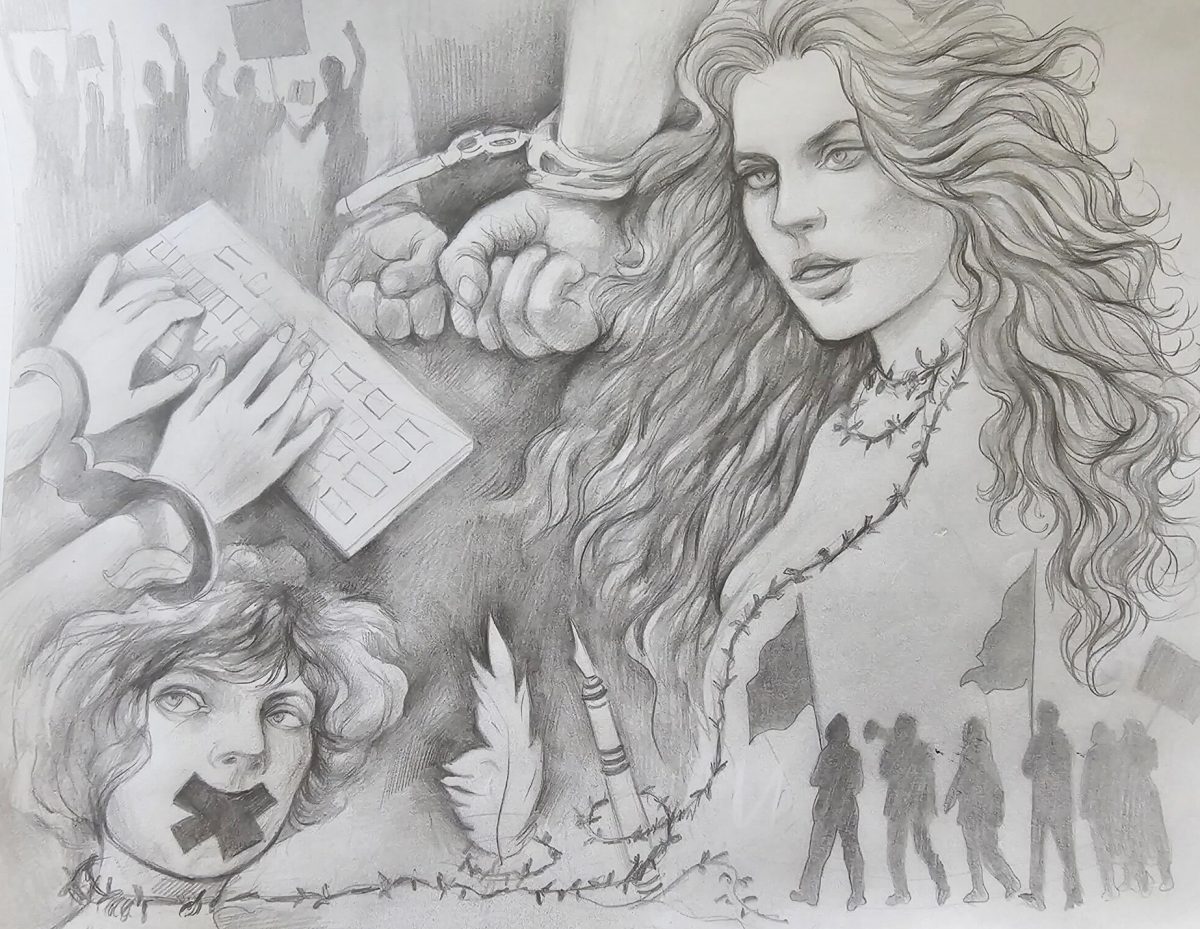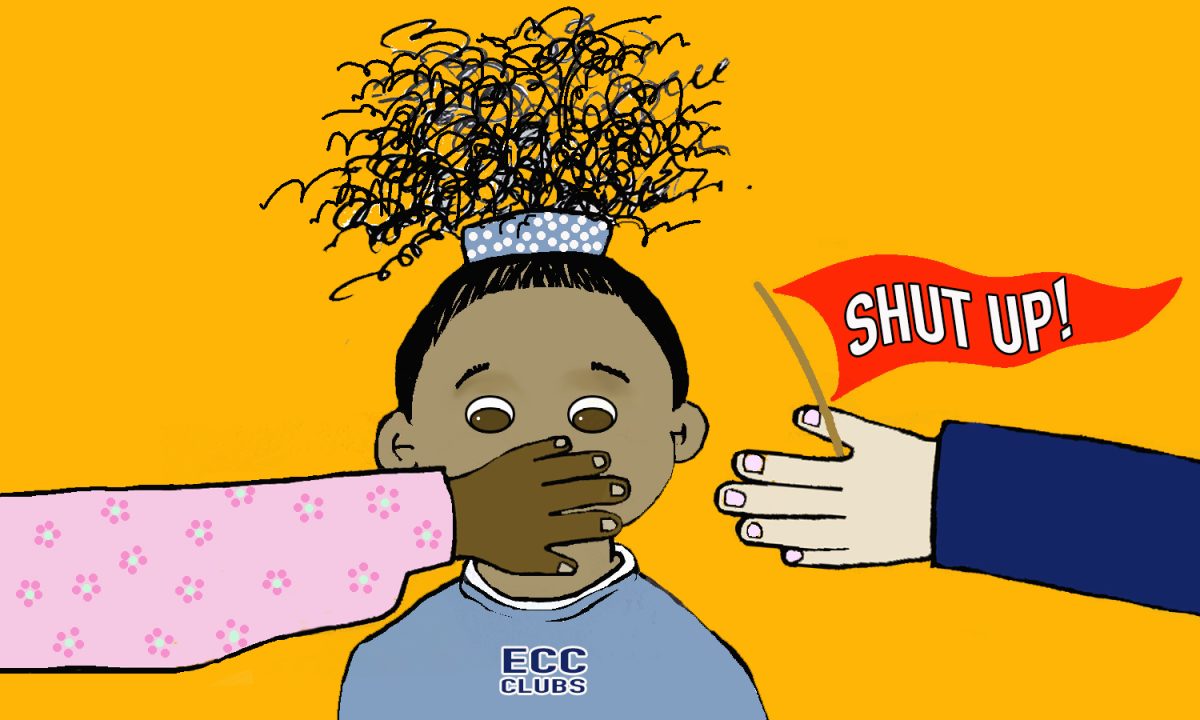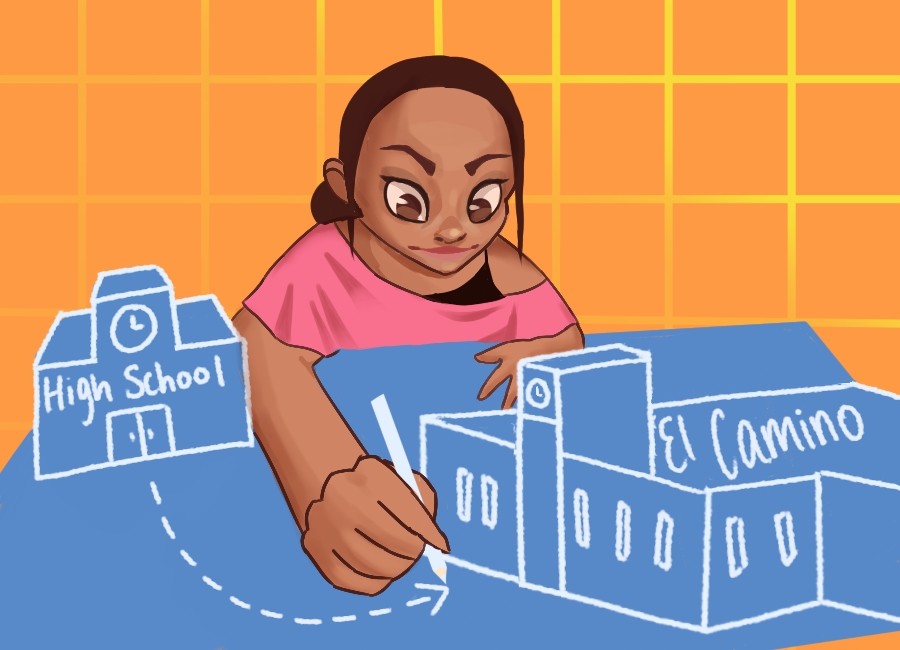High school athletes dream of playing on the college athletic level, but they are not as prepared as they think they are.
As a coach at the high school level, I know that athletes are not ready. It’s not all athletic; it’s education as well.
A college athlete has 12 to 15 units per semester. At the high school level, student-athletes need a 2.0 grade point average to play sports.
Most high school athletes can’t maintain a 2.0 GPA but expect to take on a lot of credits in college.
According to Scholarship Stats, only 7% of athletes go on to play at the college level, and only 2% play at the Division I level.
Another thing is that social media influences high school athletes’ mindsets because they see their peers doing things they want to do.
Many top high school players ranked on the ESPN website have large social media platforms and other high school athletes are influenced by them.
This is a huge issue because the players on that website are usually ready for the pro levels and they are on a different level mentally and skill-wise.
Coaching high school basketball is tough. The athletes think they know everything, but the reality is they don’t. You have to be very patient with them and try to teach them the correct way to play and understand.
High school athletes must realize and understand that they must know how to be a student first and an athlete second. They don’t realize how much their grades mean and how it can hurt them in the long run.
This year, I witnessed this within our basketball program: grades were horrible and students were not managing their time and the friend groups they were around.
I also blame the personal trainers who work out athletes these days because they don’t teach the players the right way to play. Many trainers don’t care about the athletes’ future; they do it for the money.
This is frustrating because college coaches expect high school athletes to know the basics of the sport they play. According to a study at Brown University, 30% of college athletes who do play at the college level quit by their senior year.
It hurts to see them give up and not fulfill their dreams. As coaches, parents and trainers, we have to be better at preparing them for the next chapter in their lives.
As a high school basketball coach, I wonder how I can be a better coach and a role model for these players. How can I share my experience with them?
Overall, we need to do a better job to prepare these players for the next level.
The question is: will athletes put their pride aside and be willing to learn from coaches who have been in their shoes?



